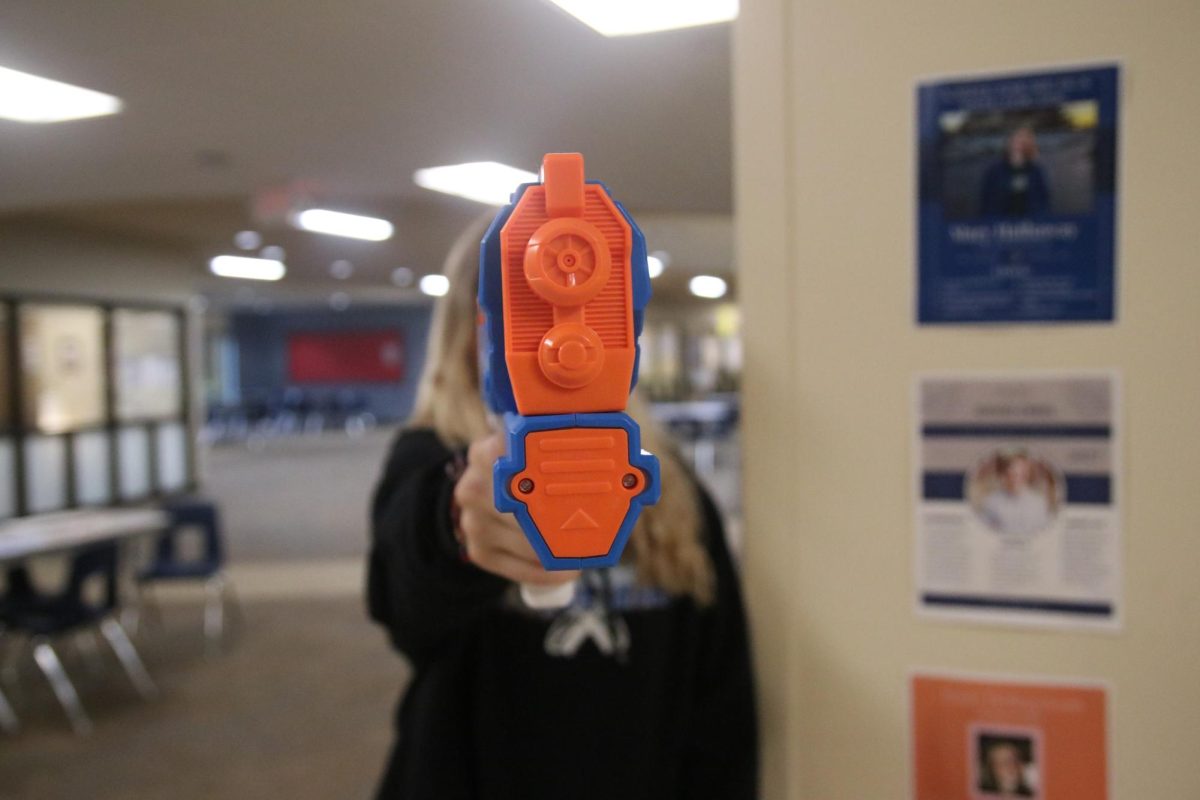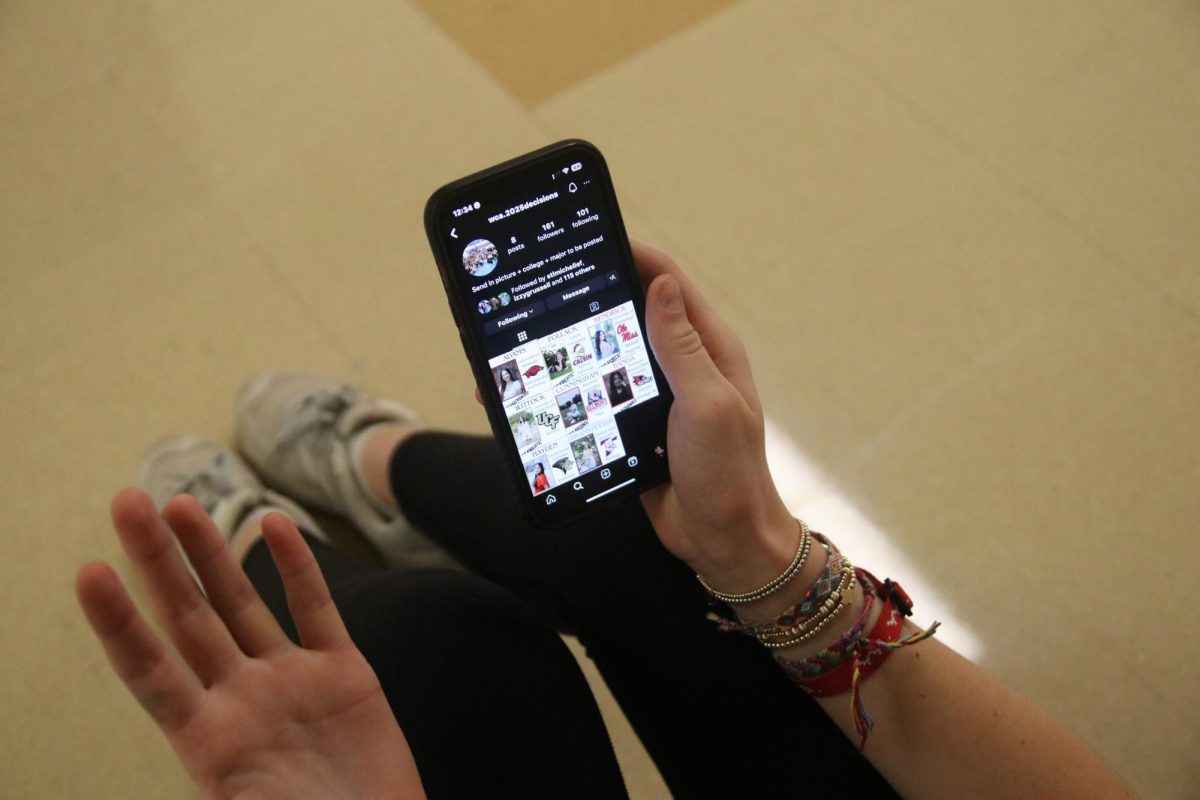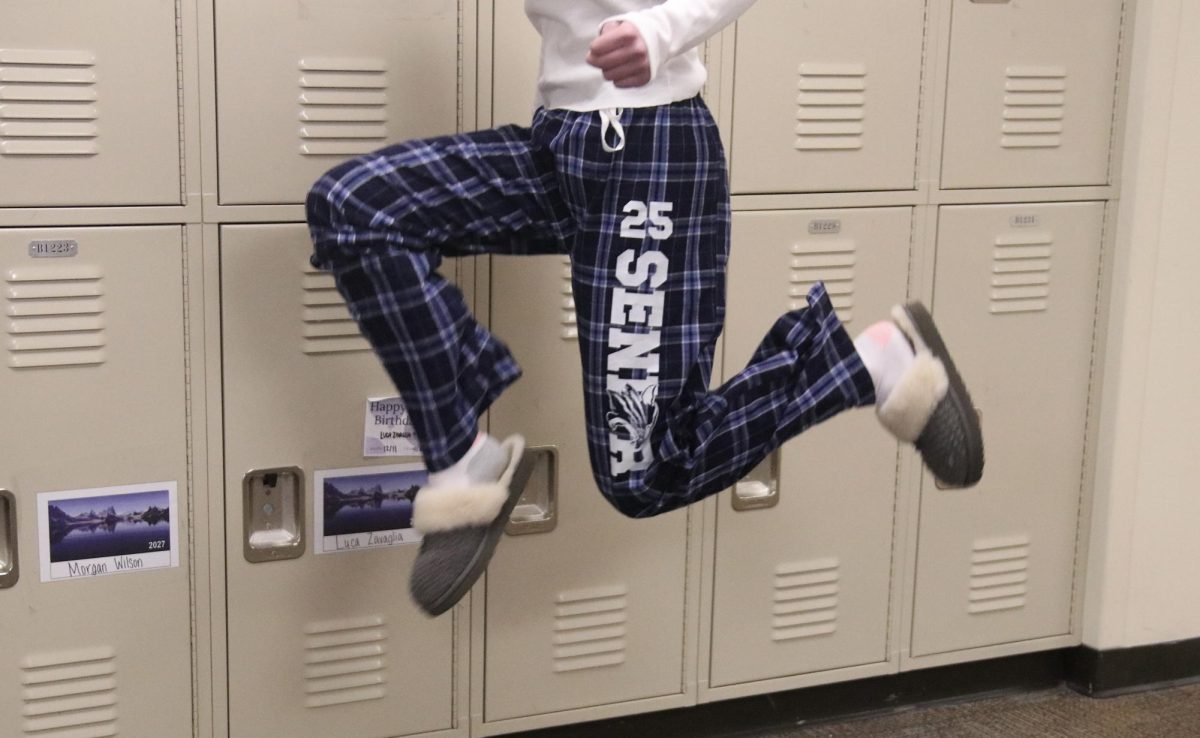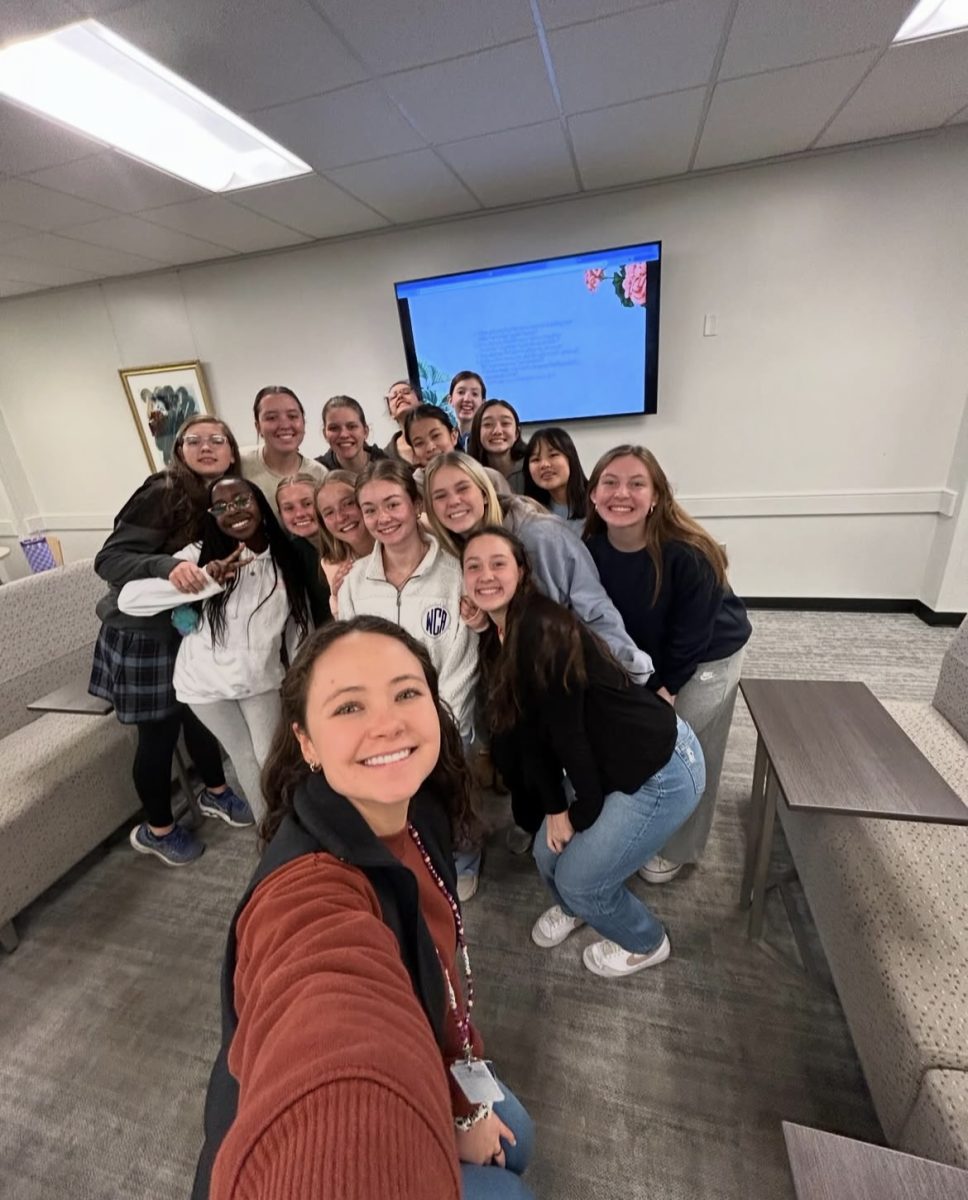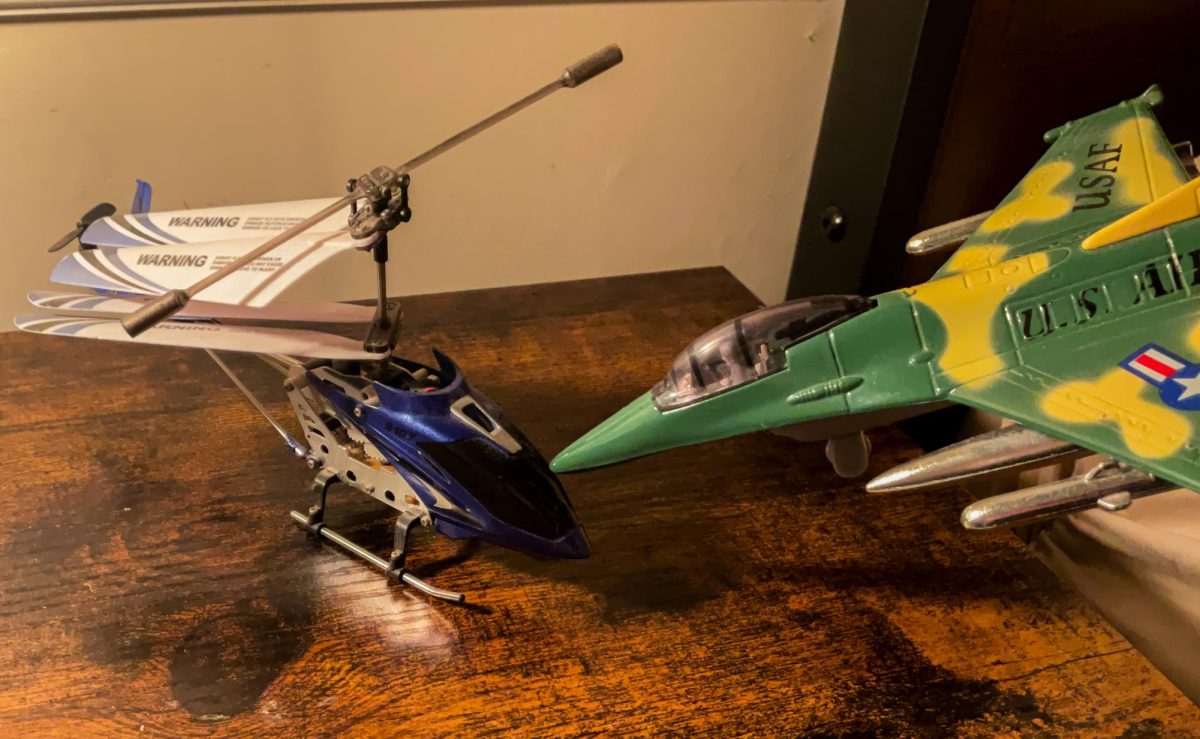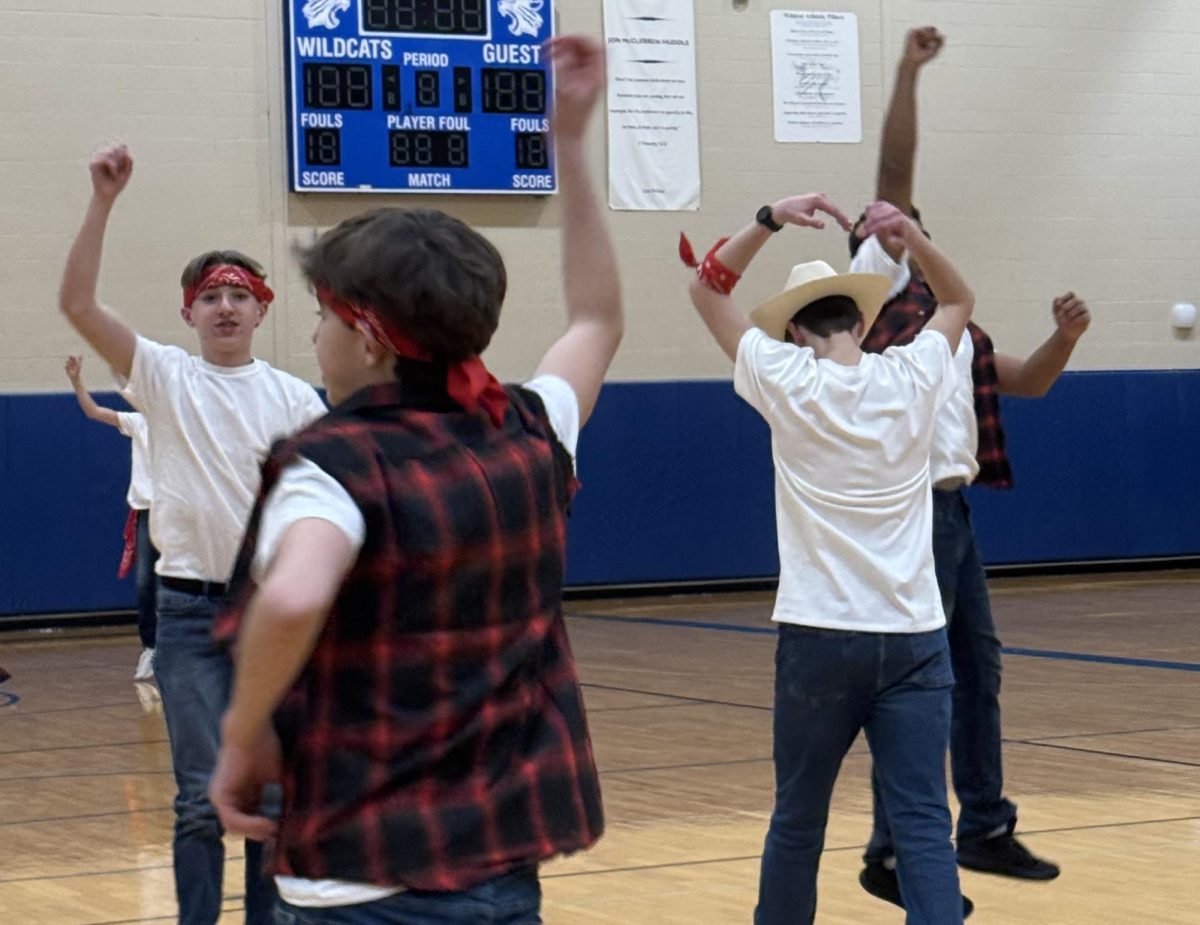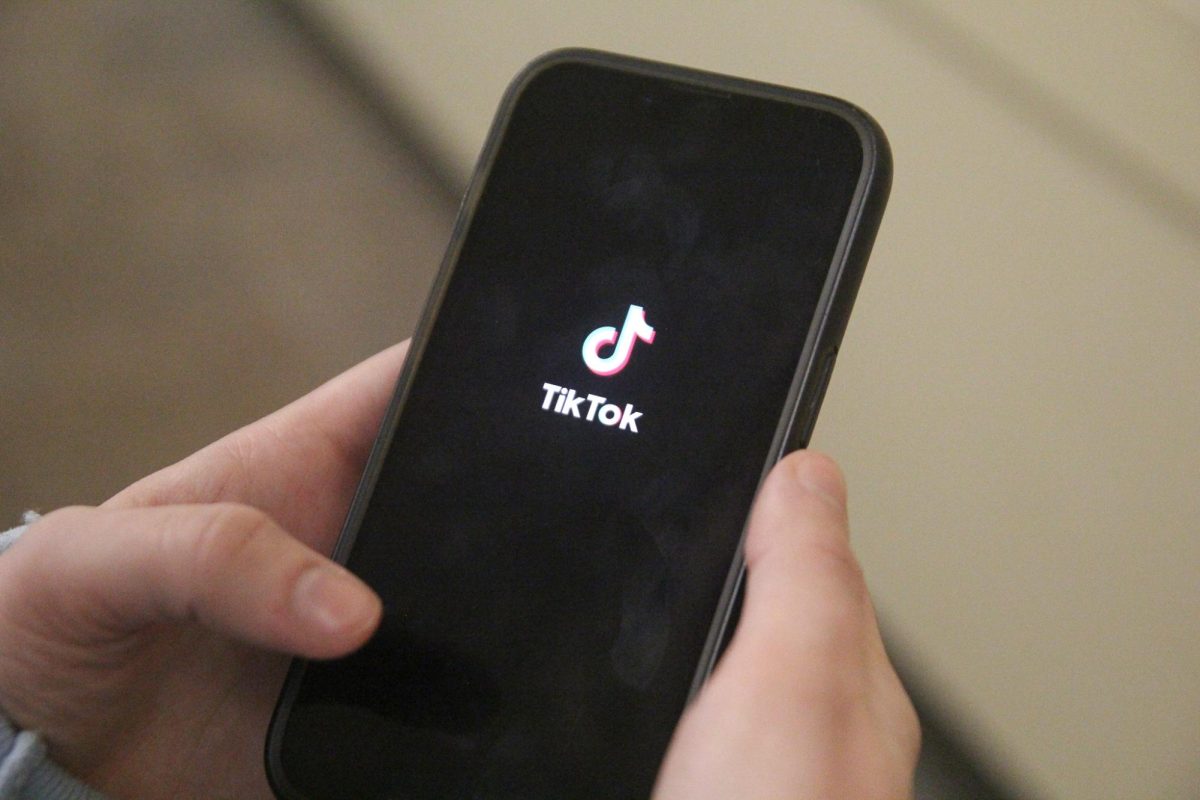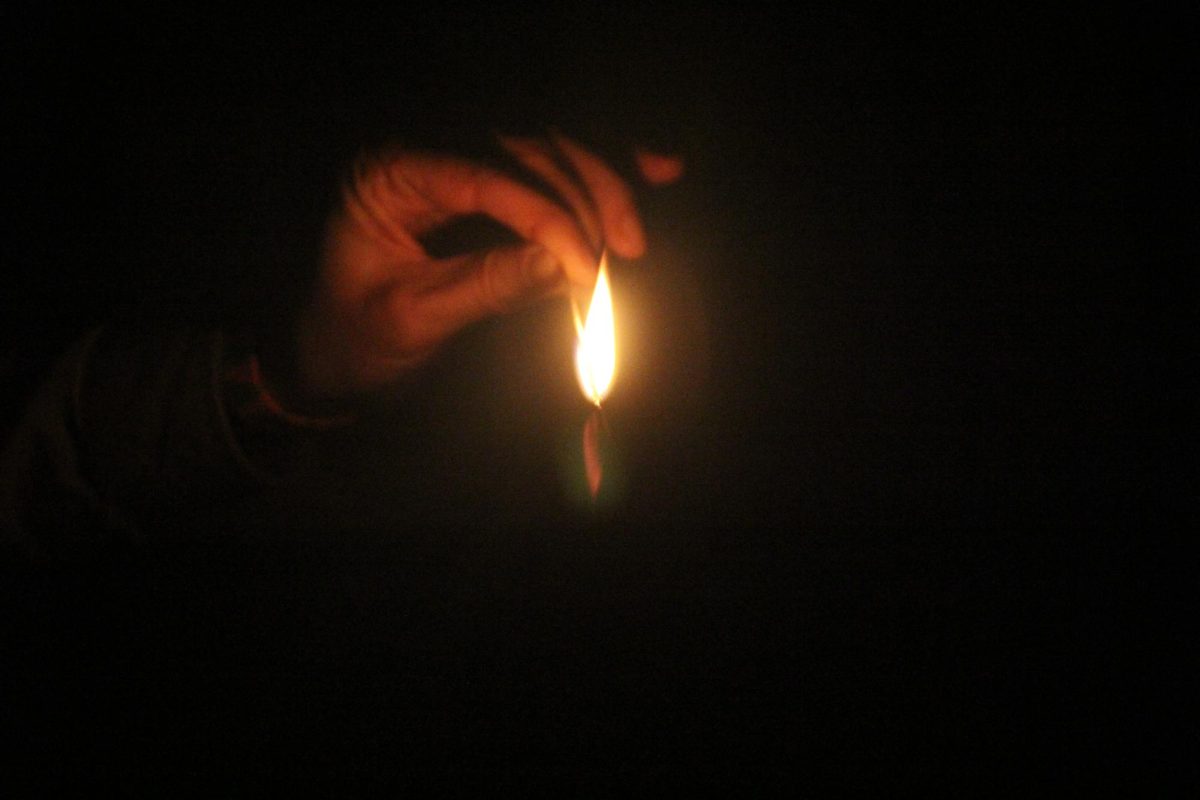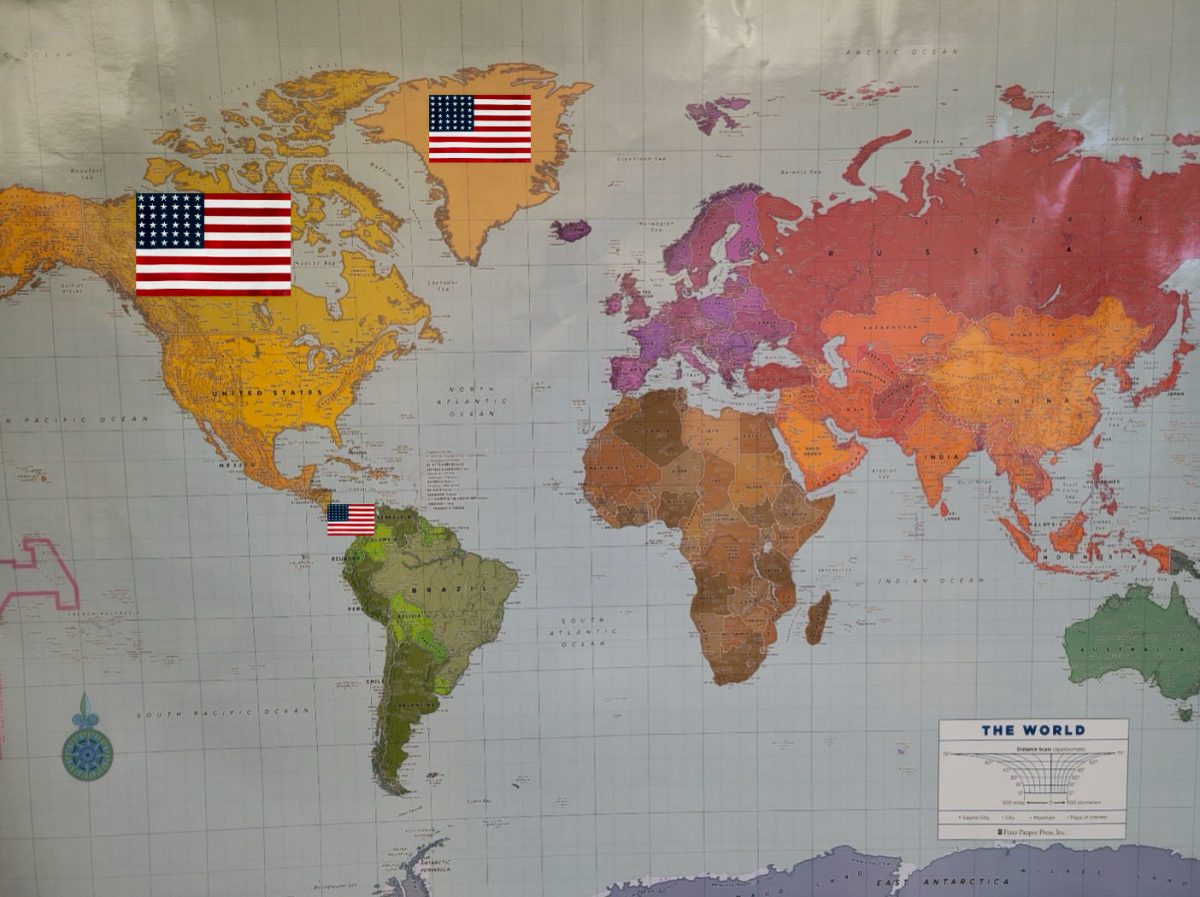During the night of April 20, 2012, thousands of teens across America raised awareness of the Invisible Children by covering cities with posters of Joseph Kony. Kony 2012 gained attention through social media, such as Facebook, Twitter, and mainly through their video Kony 2012 on YouTube. The video gained over 70 million views in 5 days.
Millions of people, mainly teens, watched the video and learned about the tragedy happening in Africa. After understanding what was happening, teens were eager to get involved to help their peers. Kony 2012 effectively used social networking to gain awareness of the Invisible Children and the disparities happening in that region of the world.
Dongjae Lee, senior, and several other students from WCA participated in Kony 2012. They went to KSDK, Starbucks, and a few other locations to hang up posters.
“I decided to help because after watching the video, it seemed like the least I could do to help the cause so I figured why not do something for once?” said Lee.
There are several human rights issues that are using social networking to gain awareness and might become the “next Kony 2012”. One of them is human trafficking. This is an issue with a long history but is just recently being widely recognized, mainly due to videos on YouTube, recently written books, and websites created by people who have been trafficked.
Somaly Mam is a woman who was born in Cambodia and was sold into human trafficking at a young age. She has used social media to educate people about human trafficking by writing a book called The Road of Lost Innocence and has created a website to raise awareness.
“I don’t want to go without leaving a trace,” said Mam on her website.
An estimated 2.5 million people are in forced labor at any given time as a result of human trafficking and 161 countries are affected by human trafficking.
“Human trafficking is becoming a bigger problem as more people are getting trafficked, especially women,” said Ann Heyse, upper school English teacher.
Another rising human rights issue is the treatment of children. Some of the issues are physical and sexual abuse, lack of education, physical labor, child soldiers and trafficking. The issue of children’s treatment will become especially popular among teens because they can easily relate them. Being around the same age, they have a general idea of what kids emotions are and how they are feeling.
Emmanuel Jal was once a child soldier in Africa who loved war and fighting. Now, he is a rapper who promotes peace. Jal uses his music to tell the tragic story of his past, while promoting peace.
“Maybe I can make a difference because when they hear the voice of someone who has suffered, people will be more willing to help,” said Jal in an article in Time Magazine.
Jal also wrote a book called War Child, telling stories from his heartbreaking childhood as a soldier. The freshmen Expository Writing classes at WCA have the option to read Jal’s book.
“I liked reading War Child in Expository Writing because it was written from a previous child soldier’s point of view, and it made me realize there a lot of problems that are happening around the world to teens that we don’t know about,” said Ali Montgomery, sophomore.
It is mainly teens who use Facebook, Twitter, and YouTube and now, that is how human rights issues are becoming more well-known. If an organization creates a video similar to Kony 2012 explaining what is happening to kids around the world, teens, like Lee, who are eager to help, would get involved.
“Without social media, I don’t know if I would have ever heard about Kony 2012,” said Meegan Williams, freshman.
Like many other teens, Meegan first heard of Kony through social media.
“Kids care about other kids, but don’t know what is happening. Once they find out about it, they get involved,” said Heyse.
Kids do want to help, and what made Kony 2012 so popular was that kids found out what happened with Invisible Children. The Invisible Children organization gave teens a feasible way to get involved. If an organization, particularly helping people who are being trafficked, or kids who are being treated poorly, thinks of a way for teens to help either human trafficking or children’s rights, these issues can become as big as Kony 2012 and as many kids will become involved.



